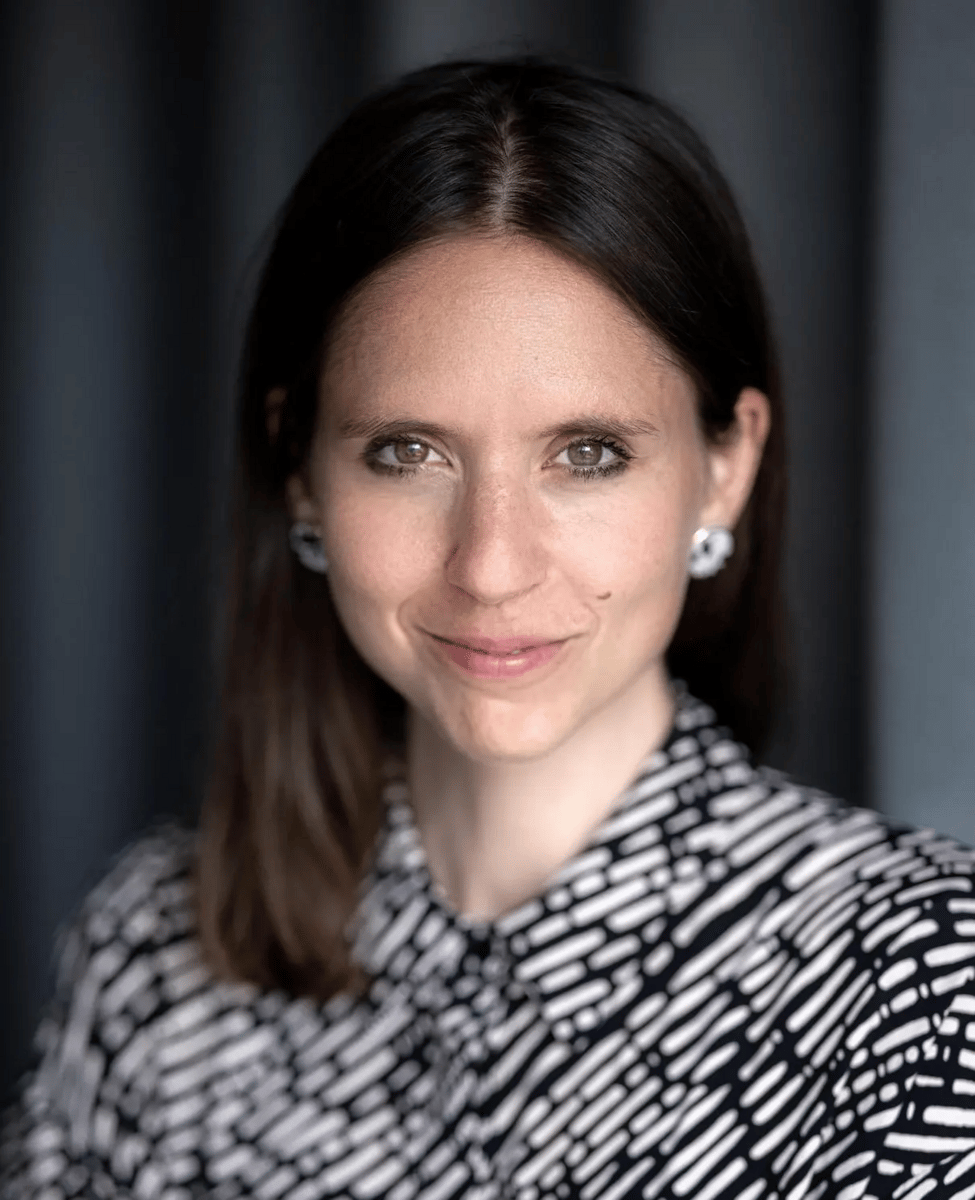Dear hustlers, founders, operators and visionaries,
Wow! A whole 12 episodes lay behind us here at the Follow the Gradient podcast. It’s been a wild ride and one we could not have imagined in our most daring dreams when we started out.
First of all: THANK YOU to you as our readers and listeners for tuning in, sending us feedback and dropping your ideas and thoughts on what topics to cover on our show. We are truly grateful for having this community. We are doing all this as a side hustle and there is one request we ask back from you as the year closes: Please fill out our 1 minute feedback survey and help us make Follow the Gradient even more valuable to you:
In this week’s episode, we sit down to share and discuss our top personal tools for self-reflection. Reflection is the baseline for so many things: focus, mental health, leadership, team work. Let us know what you think of our personal techniques.
We will be back with the Podcast on January 9, 2025. Our Tuesday Newsletter will continue as usual.
In the meantime: Follow the Gradient and stay tuned!
PS: Has this e-mail been forwarded to you? Sign up here.
How to use self-reflection as a tool for your personal growth
What you will get out of this episode
In our conversation, we share:
a personal advice from Melanie on her technique on year-end reflections
a personal advice from Christian on his method of weekly write-ups
and a teaser for what is to come from Follow the Gradient in 2025
Melanie’s advice for end of year journalling
Annual Life Review
As founders and operators, we obsess over metrics and growth in our businesses. But what about measuring the health and growth of our most important venture - our lives? I discovered a powerful framework a few years ago that bridges the entrepreneurial journey with personal development: The Annual Life Review Template by Steve Schlafman (his original article).
The frameworks is divided into four sections:
Part 1: Your Moments & Milestones: Track both business and personal milestones month by month. Pro tip: Scroll through your photo gallery and get zoomed back in time thanks to Spotify wrapped
Part 2: Reflect & Examine: Analyze successes AND failures. Identify key relationships (questions like what person had the single biggest (positive or negative) impact this year, can reveal a lot) and lessons learned. Be brutally honest with yourself.
Part 3: Score Your Life (1-10): Rate areas like health, relationships, career, tech adoption, and personal growth. This is your "founder health dashboard."
Part 4: Strategic Planning: Set 3 specific, SMART goals (not 20 "nice-to-haves"), define concrete next steps that you can kick off on January 1, 2025, plan for obstacles and the resources you’re going to use to overcome them.
Time Investment: Ideally a couple of hours spread across multiple days, but even a focused 2-hour session on December 31st is better than skipping it entirely.
Remember: As founders and startup operators, we're building companies, but we're also building lives. Make sure both are thriving.
The benefit
Clarity and Direction: The structured approach forces you to step back from the daily grind and gain a clear perspective on your progress, priorities, and overall direction. This clarity empowers you to make more intentional choices and navigate the challenges of entrepreneurship with greater focus.
Patterns: If you do it a couple years in a row, it’s very insightful to see certain (good or bad) patterns. Don’t we love some raw and very honest data?
Christian’s advice for weekly write-ups
Weekly Write-ups
Take time (around 30 - 45 minutes) to do a write-up about your work and achievements each week and to plan for the next. This should be a routine each Friday, for instance, to close things off and get ready for the next week.
Structure your write-up along the following questions:
What were your objectives this week? Have you achieved this? If not, how are you adjusting?
What went well? What didn’t go well, how can you improve?
What is your top obstacle to move faster? How can you remove this obstacle?
What are your objectives for next week? Be specific.
The idea is to do this in written form, but write as your thoughts come to you. There is a reference of Paul Graham which I recall and which goes along the lines “When you write things down, you realize they are half-baked and you can start working on making them full-baked.” I found this to be a powerful concept which can be leveraged in the weekly write-up’s.
The benefit
Accountability: Your hold yourself accountable to your own expectations - to me, this is one of the strongest forms of motivation and self-drive.
Peace of mind: It is very easy to get lost in doubts on whether you are going into the right direction with whatever you are working on. The write-up’s carve out dedicated time to think about that and allow you to not get lost in these thoughts during the week.
How to reach out to us
Talk to you next week! Until then, let’s continue the conversation on LinkedIn, X, Instagram and YouTube!
🫶🏼 Melanie & Christian
Each week, a lot of work goes into the Follow the Gradient project to help you navigate this crazy jungle called entrepreneurship. Help us grow this community and we’ll make sure that you or your project gets a shoutout in the weekly newsletter!

The Gradient in maths is the direction with the most potential to improve. With Follow the Gradient, we aim to equip you with hands-on insights and real-life learnings to drive your biggest improvements, no matter where you start from: as a first-time founder, operator, solopreneur, aspiring student, or simply a curious mind.
Follow the Gradient and transform your trajectory.










